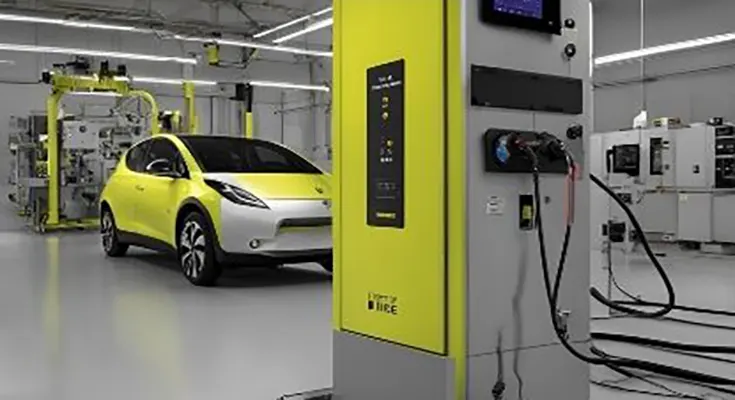
Lithium-Sulfur Batteries: A Revolutionary Breakthrough for Electric Vehicles
As the demand for electric vehicles (EVs) grows, so does the quest for better battery technologies that can offer improved performance, reduced costs, and enhanced sustainability. Among the most promising innovations on the horizon is the lithium-sulfur (Li-S) battery. This next-generation battery technology has the potential to revolutionize the EV industry by addressing some of the limitations of current lithium-ion batteries. This article explores what lithium-sulfur batteries are, their advantages, challenges, and their future prospects in the electric vehicle market.
What Are Lithium-Sulfur Batteries?
Lithium-sulfur batteries are a type of rechargeable battery that uses lithium as the anode and sulfur as the cathode. The electrochemical reactions between these materials occur in a lithium-sulfur electrolyte, which facilitates the movement of lithium ions between the electrodes during charging and discharging cycles. The fundamental components of a lithium-sulfur battery include:
- Anode: Made of lithium metal, this electrode releases lithium ions during discharge

